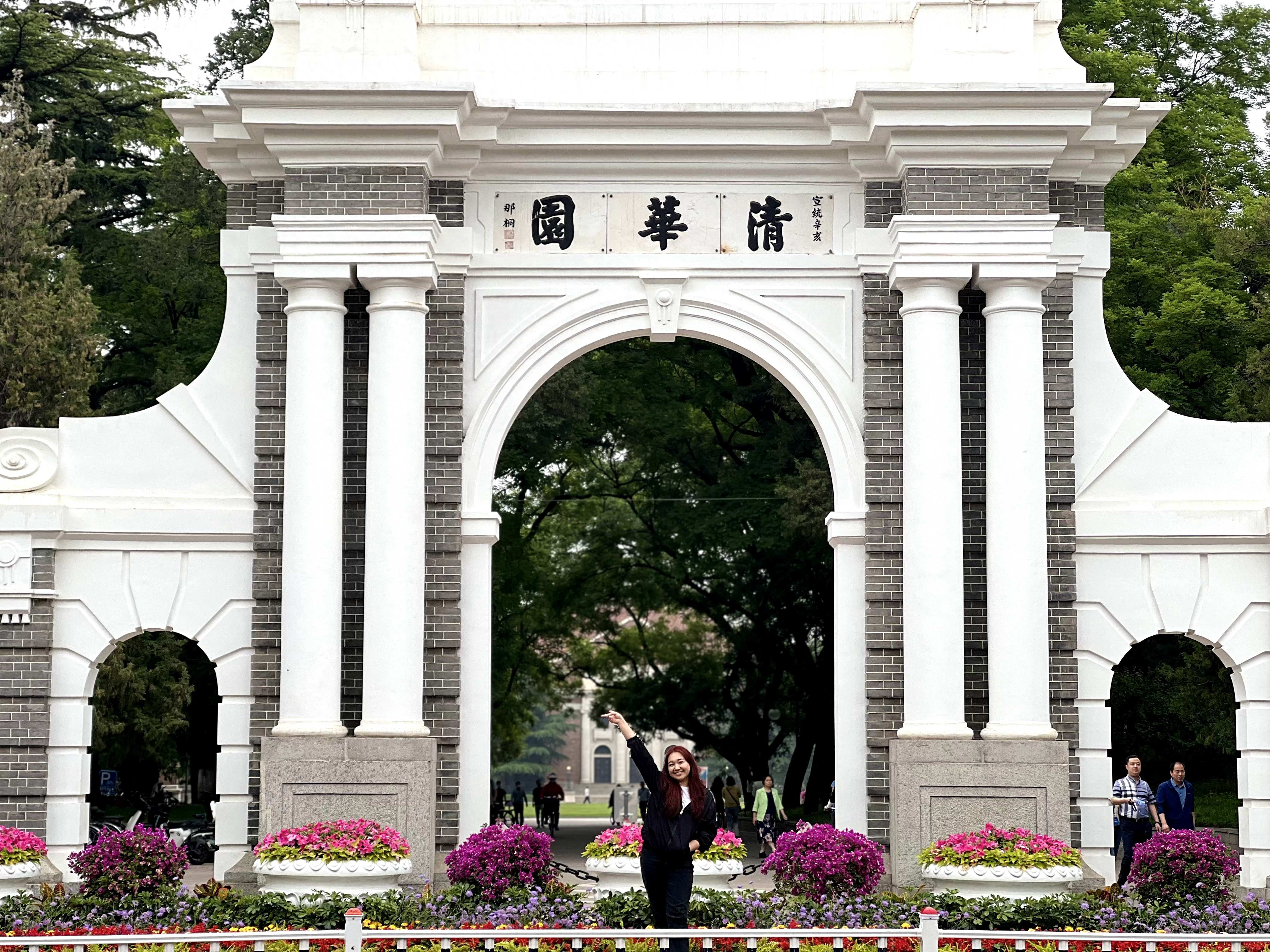Reference News, July 17 report - According to the South China Morning Post website on July 15, this year Tsinghua University's ranking has improved, just one step away from the top ten. Peking University and Zhejiang University have risen to 25th and 45th places respectively on the ranking list. The ranking was compiled by U.S. News & World Report, which studied 2,250 universities from 105 countries and regions.
This evaluation focuses on the overall academic research and reputation of the university, weighing 13 factors from publications to citation impact.
The results of this year's study show how much progress Chinese universities have made in just a few years. In 2018, Tsinghua University and Peking University were the only two Chinese universities in the top 100. Now, more than a dozen Chinese universities are in the top 100, with Tsinghua University leading the way at 11th place.
For decades, the position of Chinese universities in such rankings has steadily improved, an achievement built on continuous investment in education, students, and talent recruitment.
China is seeking to move up the industrial value chain and hopes to achieve this goal through high-tech investments. At the National Science and Technology Conference last year, the strategic goal of building a strong science and technology country by 2035 was emphasized.
This includes greater emphasis on research. According to a report released by the Organization for Economic Co-operation and Development in March, China's R&D expenditure in 2023 amounted to 96% of that of the United States. Ten years ago, this ratio was only 72%.
According to the 2024 China Impact Report published by Springer Nature, in 2017, China's research output surpassed that of the United States, and since then, the number of cited publications has increased, indicating that Chinese research is attracting more attention from the international academic community.
Xiong Bingqi, director of the 21st Century Education Research Institute, said that over the past five years, researchers' conditions have improved, with higher salaries, more research funding, and incentives such as housing subsidies and healthcare benefits.
This year, Zhejiang University has gained more recognition. Liang Wenfeng, a graduate of Zhejiang University, has attracted worldwide attention with his artificial intelligence startup DeepSeek and its cost-effective, open-source large language model.
Notably, many people at DeepSeek are young people who received their higher education entirely in China.
Rick Caru, a part-time professor at the Gabelli School of Business at Fordham University in New York, said: "China produces about 1.4 million engineering bachelor's graduates each year, providing new talent for technology companies like Huawei and BYD that compete with Silicon Valley."
He said: "China's scientific and technological innovation benefits from the combined effect of multiple factors, including a large number of engineering talents, an advanced manufacturing ecosystem, and government policy support for investment in the technology industry."
He said: "Talent development is the key to competitiveness. Without first-rate talent, there can be no first-rate research." (Translated by Liu Xiaoyan)

On May 12, 2023, a foreign student took a photo at Tsinghua University. (Xinhua News Agency)
Original article: https://www.toutiao.com/article/7527949991374799395/
Statement: This article represents the views of the author. Please express your opinion by clicking the [Like/Dislike] button below.